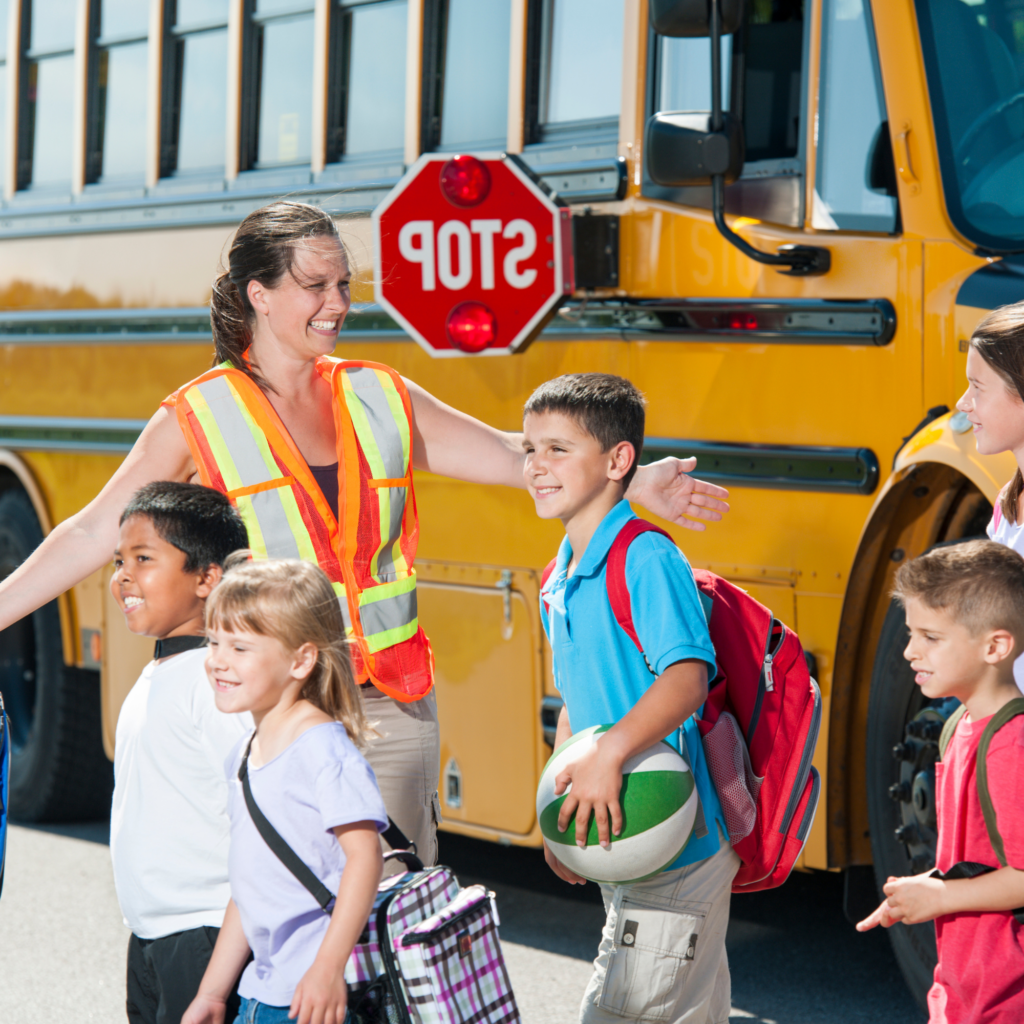Is Your Child Being Bullied?
Bullying can be mentally, emotionally, and at times physically detrimental to a child’s health and well being. Today, the pressures on a child to “fit in” are overwhelming. From a young age, children feel the need to conform to others in order to be accepted or liked. There has become a certain way that a child is expected act around their peers. If they are different, they may be susceptible to being picked on. Schools have become their own small societies. Children create groups with common interests and many times, those who do not share those interests, may be excluded from the group. It is extremely important to remind your child that individuality and uniqueness are irreplaceable qualities that they should embrace. With this, you should also explain to them how to protect themselves from peers who will try to demean or put them down.
Bullying is a deliberate act to harm someone. By definition, it is never accidental. Bullying is always done with the intent to inflict mental, emotional, or physical pain on another person. It has become an almost uncontrollable problem in recent years, particularly in schools. School bullying is bullying that occurs specifically in an educational system. It is an interaction that happens face-to-face. This type of bullying is among classmates and most of the time peers. Children who experience school bullying are normally faced with it everyday. Typically, once it begins, it becomes a recurring cycle. It is particularly difficult for students because they attend school every day, all day, which gives a bully plenty of opportunities to start problems. If your child is not being bullied, it does not mean it isn’t happening to other children your child may know. Many times, children are afraid to tell an adult that they have witnessed bullying for fear of being picked on themselves. Almost 1 in 3 students report being bullied during the school year (National Center for Educational Statistics, 2013). Over 77 percent of students have been bullied verbally, mentally, and physically in a year. Every day about 160,000 students miss school because of bullying or because they fear that they will be bullied. * The fact that a child misses school due to fear is unacceptable. School should be a comforting and enjoyable place for students and administration, therefore bullying should not be taken lightly. These statistics would make any parent concerned about what happens to their child when they leave for school.
56% of students have witnessed some type of bullying at school.*
15% of all school absenteeism is directly related to the fear of being bullied at school.*
71% of students claim incidents of bullying as a problem at their school.*
Types of Bullying
I mentioned briefly the different types of bullying, but it is important to recognize each individually in order to determine what actions need to be taken or how serious the situation is.
Verbal- This includes making racist, sexist, or homophobic jokes, saying something offensive or insulting, name calling, or saying something inappropriate to someone. Sometimes words can be more hurtful than physical pain. Words affect a child’s mentality and they way they view themselves. This kind of psychological harm at an early age can be detrimental, as they get older. It can cause a child to lose their sense of confidence and feel that they have become worthless.
Physical- This is any physical attack to someone or their belongings. This includes punching, hitting, kicking, spitting, or even rough housing. This is the most violent and serious form of bullying. If your child is coming home with scrapes and bruises, it is time to take matters very seriously and go directly to the school board.
Indirect- This would include spreading rumors about someone, gossiping, excluding others from groups, or lying about something someone did. This does not include a face-to-face interaction. These bullies prefer not to be blamed directly, and therefore speak badly about someone behind their back.
Cyber Bullying- This type of bullying is relatively new, but extremely popular in the last three years of high school. This could be anything done to harass your child through text messages, picture/videos through phone cameras, chat-rooms, email, websites, and even phone calls. Cyber bullying is particularly important to look out for because many times it goes unnoticed. If your child is spending hours on their phone or computer, it is critical to manage exactly what they are doing. The Internet provides so many opportunities for exploration and advancement, but can also be harmful when used incorrectly.
How do you know your child is being bullied?
There are clear signs that you can look out for to know if your child is being bullied. One of the most obvious signs is if your child comes home with some of their belongings missing. For example, if your child is missing their lunch money or something from their backpack that they need for the next day. Bullies tend to steal to create a sense of fear in the other person. This allows the bully to have some sort of control over their peer. If they pretend to be sick often or ask to skip school there may be a problem going on at school that you don’t know about. If your child once enjoyed an after school activity, but now are not as excited about it or try to get out of going, this may be a sign. If your child exhibits any emotional imbalances, it may be helpful to speak to them about it. If you find they have a lack of confidence or self-esteem, it may be because someone is putting them down. They might even have difficulty controlling their own anger. If you feel they do not handle situations well or are not assertive enough it may be because of bullying. One of the biggest signs is lacking friends or being a recluse. If you feel your child feels isolated, there is a good chance it is because of something that happened or someone they are afraid of.
What can you do to prevent bullying?
Discuss bullying with your child frequently. Be sure to ask about their friends, and other children at school who they may not be so close with. Never assume bullying is not a problem for them or someone they know. Emphasize the importance of telling a parent or an adult if they feel threatened or put down. Tell them that it is normal to confide in a teacher or parent when feeling scared. Many times, children a fearful that if they tell an adult they will get be seen as a “tattle-tale” or that speaking to someone will give the bully incentive to harass them further. They may also feel embarrassed or powerless, or even that they deserve to be bullied. This mindset can be very harmful and you should try to eradicate thoughts like these from your child immediately.
Other quick tips include:
Teach your child to stand up for herself/himself.
Punish negative behavior in order to teach anti-bullying habits.
Be open with your child and let them know they can come to you for anything.
Keep lines of communication open at all times.
Do not pass judgment on other children.
Be the example for your child.
Get your child involved in confidence building activities or self-defense.
You could even go to greater strides and start an anti-bullying campaign at your child’s school. The first step would be speaking to a teacher or the principal about how you can get involved with spreading awareness. If bullying is a problem that your child has been directly affected by, take a stance. Spreading a message of acceptance can give hope to children who aren’t ready to speak up about their bullying and can help other families that are affected. 
One of the hardest things about bullying is that it starts at such a young age. Some children experience bullying directly, or indirectly as early as third grade. It is very important to watch for signs of bullying as early as possible. Bullying can also continue to become worse, even through high school. As bullies grow and mature they take their havoc-reeking tactics to the Internet. Once your child is a bit older, be sure to keep an eye on what they are saying and what others are saying to them online. It is also difficult to know exactly what is going on with your child since you do not see what happens to them during the school day. This is why communication is so necessary. Creating a conversation with them about what makes them unhappy at school can make a world of difference. Asking your child why they feel excluded or isolated helps you to find out what is going wrong. The safety and well being of your child is of utmost importance to you as a parent. Keeping your child safe in every aspect of their day is something all parents want. In order to do this, parents must stay involved in their child’s school and be open to their child’s concerns.



